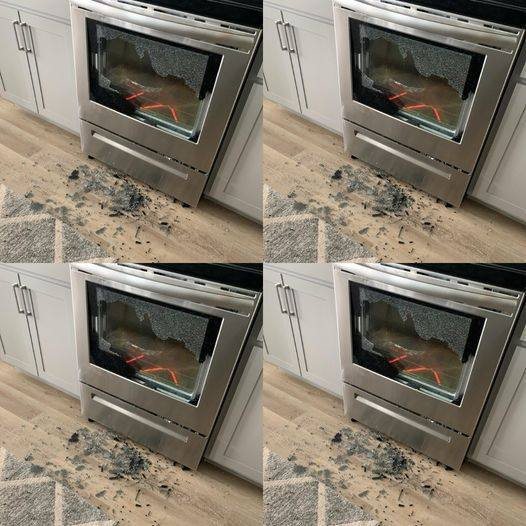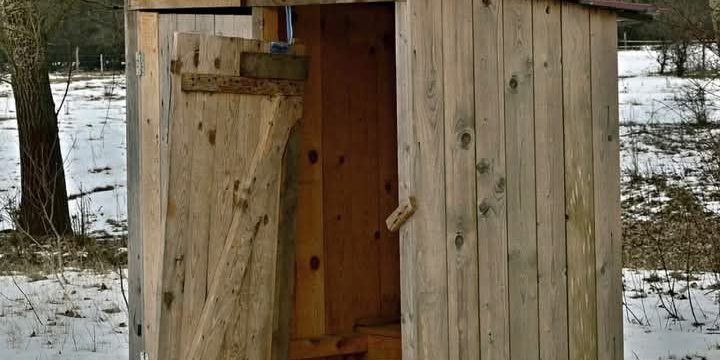Understanding the Phenomenon of Shattering Oven Doors
An oven is a cornerstone of any modern kitchen, essential for baking, roasting, and creating countless delicious meals. But what happens when an oven door suddenly shatters into tiny pieces, leaving homeowners puzzled and concerned about safety? Although it might seem like an unpredictable accident, shattered oven doors are often the result of specific causes. By understanding why it happens and taking simple precautions, you can minimize the risk and keep your kitchen safe.
The Glass Used in Oven Doors and Its Limitations
Most oven doors are made from tempered soda-lime glass or, in some high-end models, borosilicate glass. Tempered glass is designed to withstand extreme heat and pressure and is processed to break into small, pebble-like pieces instead of dangerous sharp shards. Borosilicate glass, on the other hand, is even more durable and better at withstanding temperature fluctuations. However, neither type of glass is immune to breaking.
Common Causes of Oven Door Shattering
1. Thermal Shock
Rapid temperature changes can induce thermal shock, leading to glass breakage. For instance, placing a cold dish into a preheated oven causes uneven expansion, stressing the glass.
2. Manufacturing Defects
Imperfections like nickel sulfide inclusions can cause spontaneous glass breakage, especially during high-temperature cycles such as self-cleaning.
3. Physical Impact
Accidental impacts, such as slamming the oven door or striking it with cookware, can create micro-cracks that may lead to shattering over time.
4. Age and Wear
Over time, the components of an oven, including the glass door, can become worn or damaged, making them more susceptible to shattering.
Preventive Measures to Avoid Oven Door Shattering
1. Handle with Care
Avoid slamming the oven door and ensure that oven racks are fully inserted to prevent contact with the glass.
2. Use Soft Cleaning Tools
Stick to soft sponges or microfiber cloths when cleaning the glass. Avoid abrasive tools or harsh chemical cleaners that could scratch the surface.
3. Avoid Sudden Temperature Changes
Never place frozen dishes on a hot oven door or splash cold water onto hot glass surfaces. Gradual temperature adjustments are safer.
4. Do Not Overload the Door
Avoid placing heavy pots, pans, or other items on the oven door, whether it’s open or closed.
5. Check Door Alignment Regularly
Ensure the door is properly aligned and that the gasket is intact to prevent uneven pressure points.
6. Limit Self-Cleaning Cycles
While the self-cleaning feature is convenient, frequent high-heat cycles can stress the glass. Clean manually whenever possible to reduce wear.
What to Do If Your Oven Door Shatters
- Ensure Safety: Carefully clean up broken glass using appropriate protective equipment to avoid injury.
- Contact Manufacturer: Reach out to the oven’s manufacturer or a certified technician to assess and repair the damage.
- Avoid Usage: Do not use the oven until the glass door has been properly repaired or replaced to prevent further hazards.
Conclusion: Ensuring Kitchen Safety
Understanding the causes of oven door shattering and adhering to these preventive measures can significantly enhance kitchen safety. By handling your oven with care, avoiding rapid temperature changes, and maintaining regular inspections, you can minimize the risk of encountering this startling event. Remember, a well-maintained oven not only functions better but also ensures a safer cooking environment for you and your loved ones.






